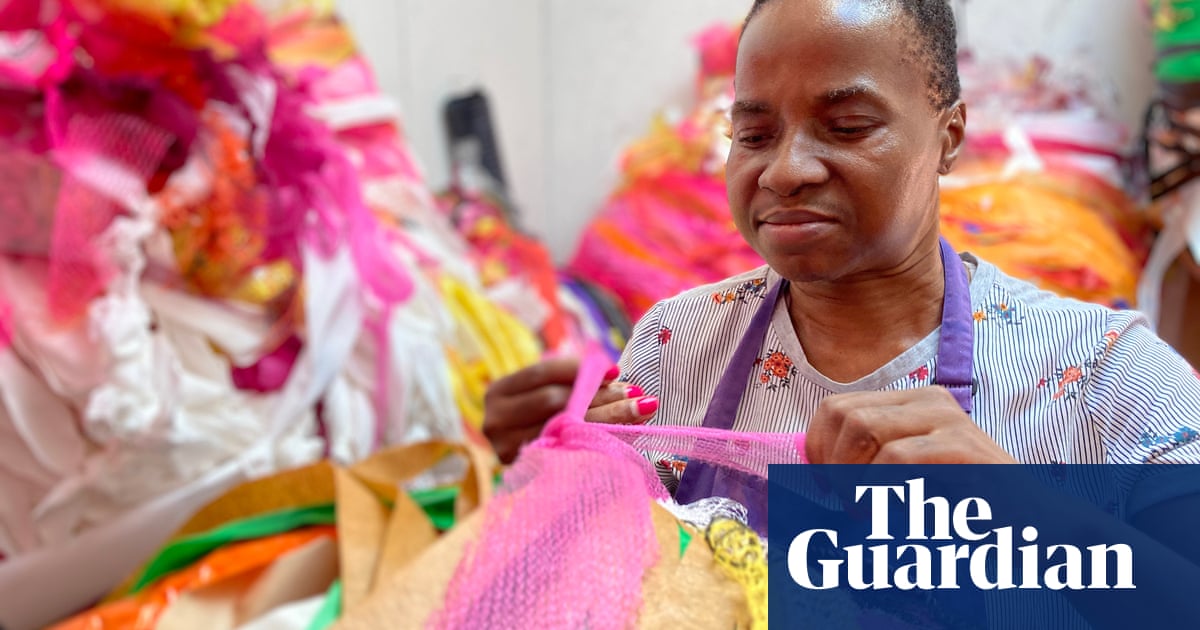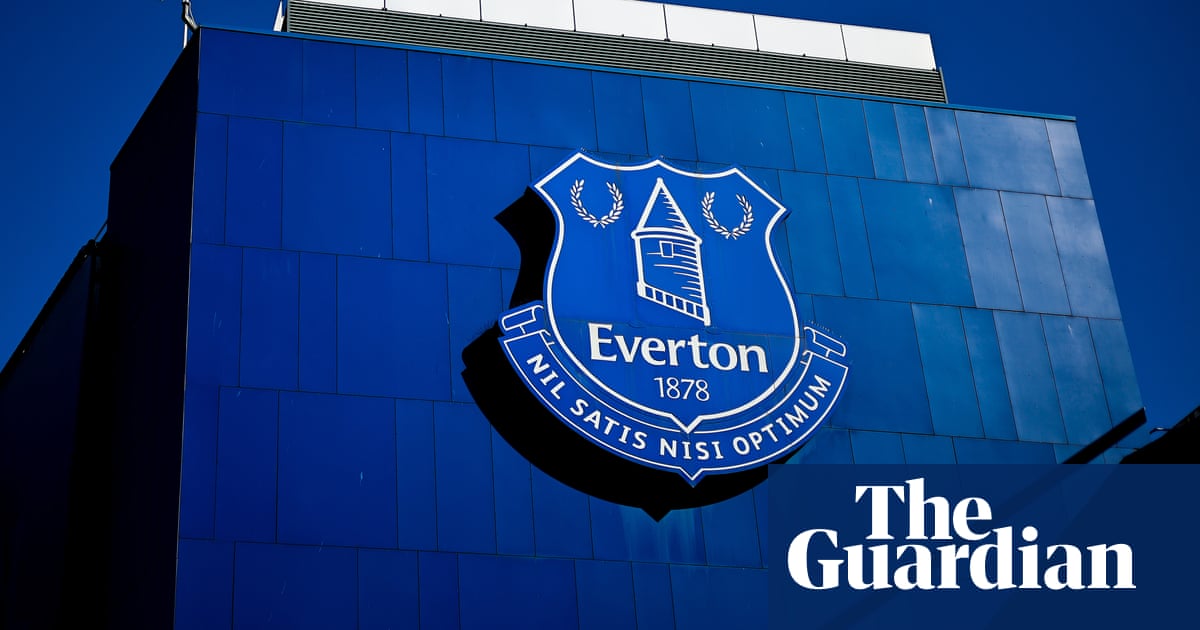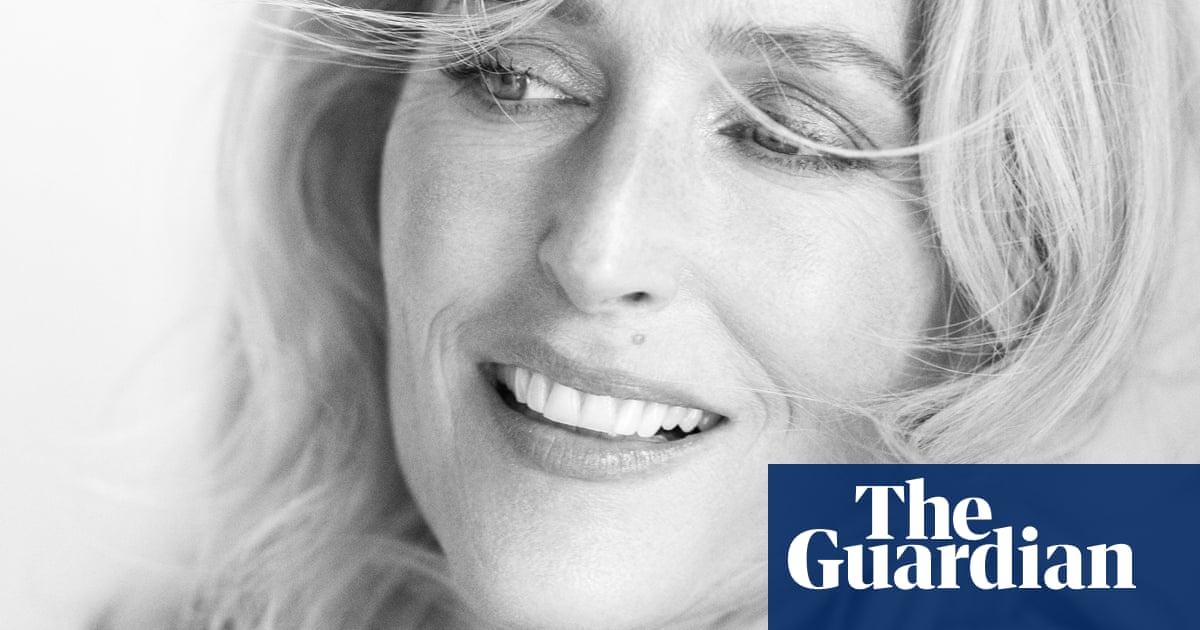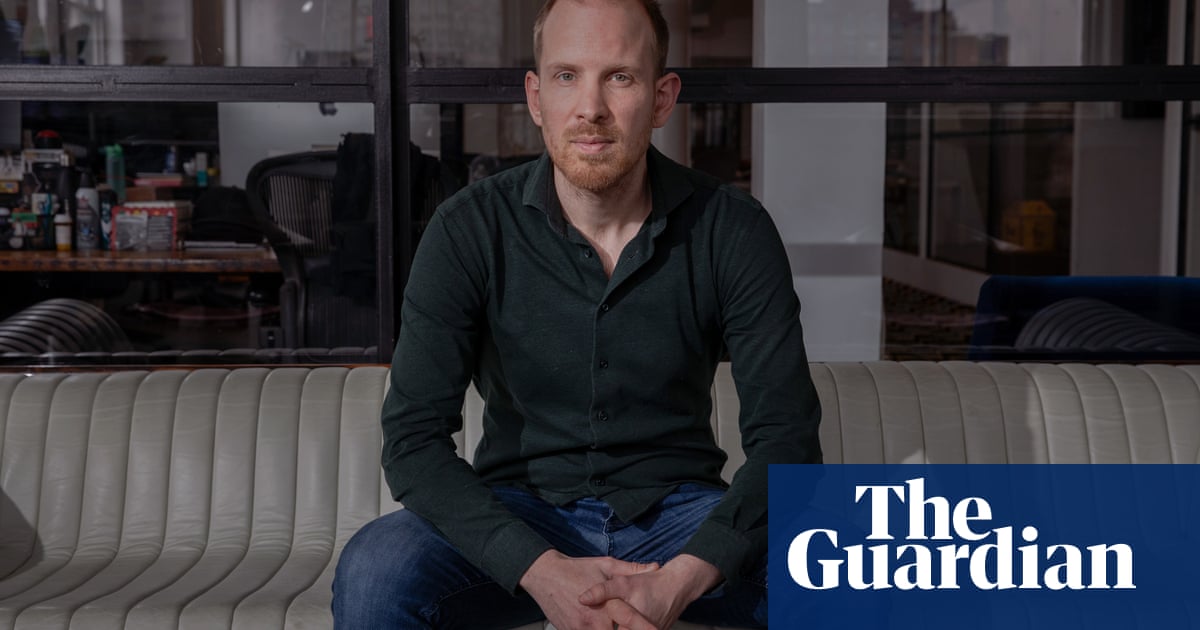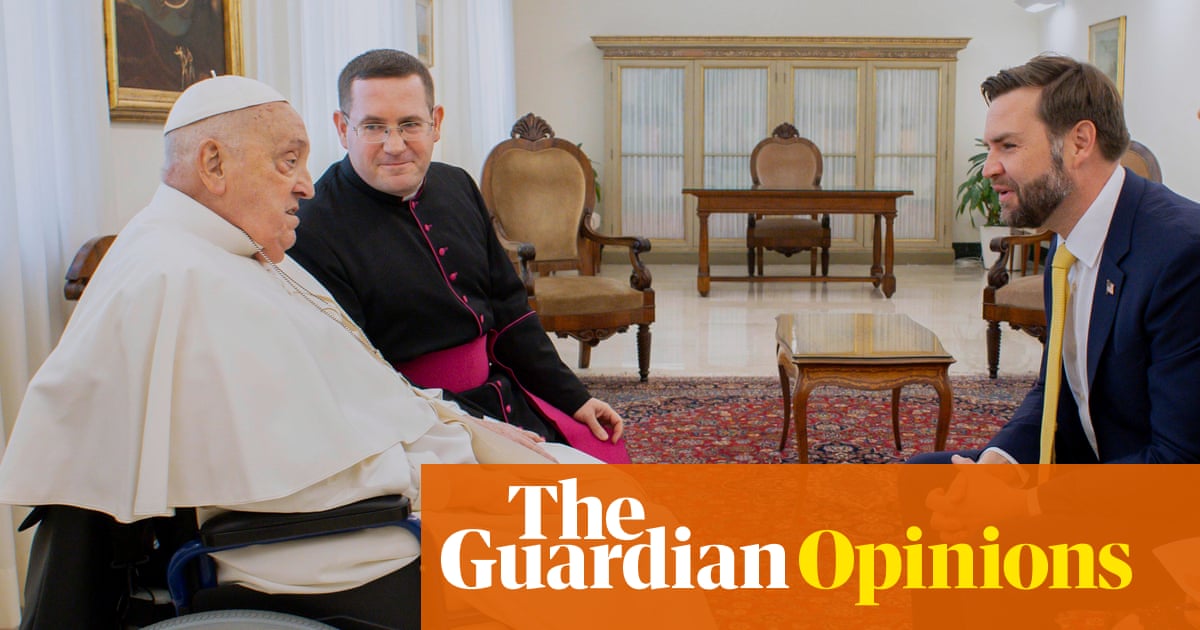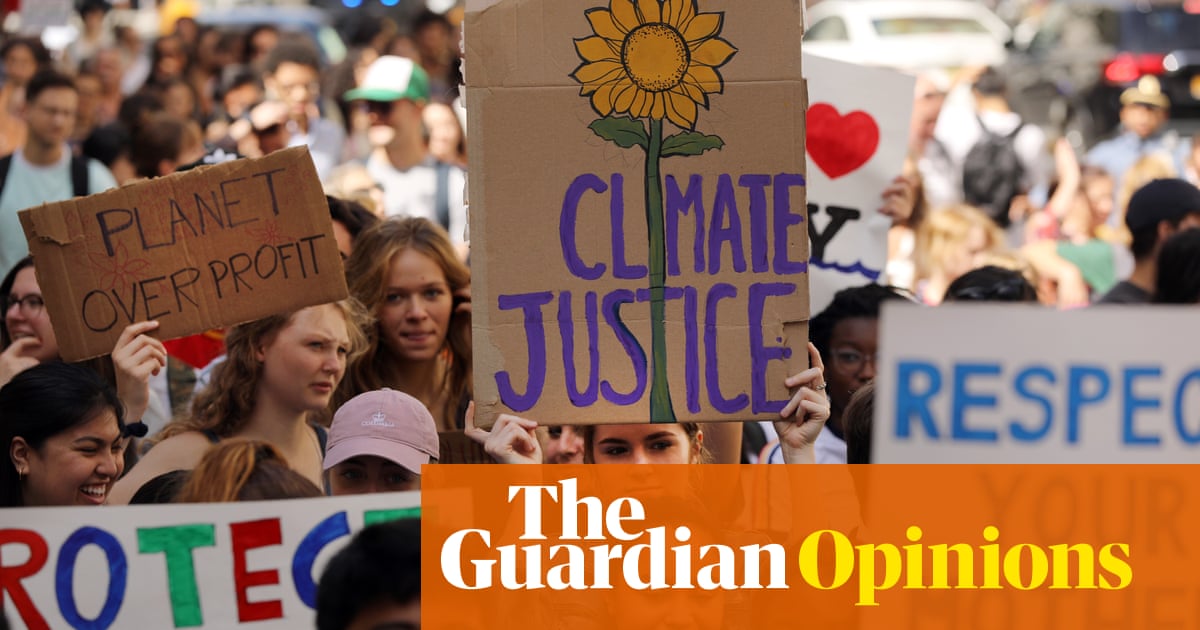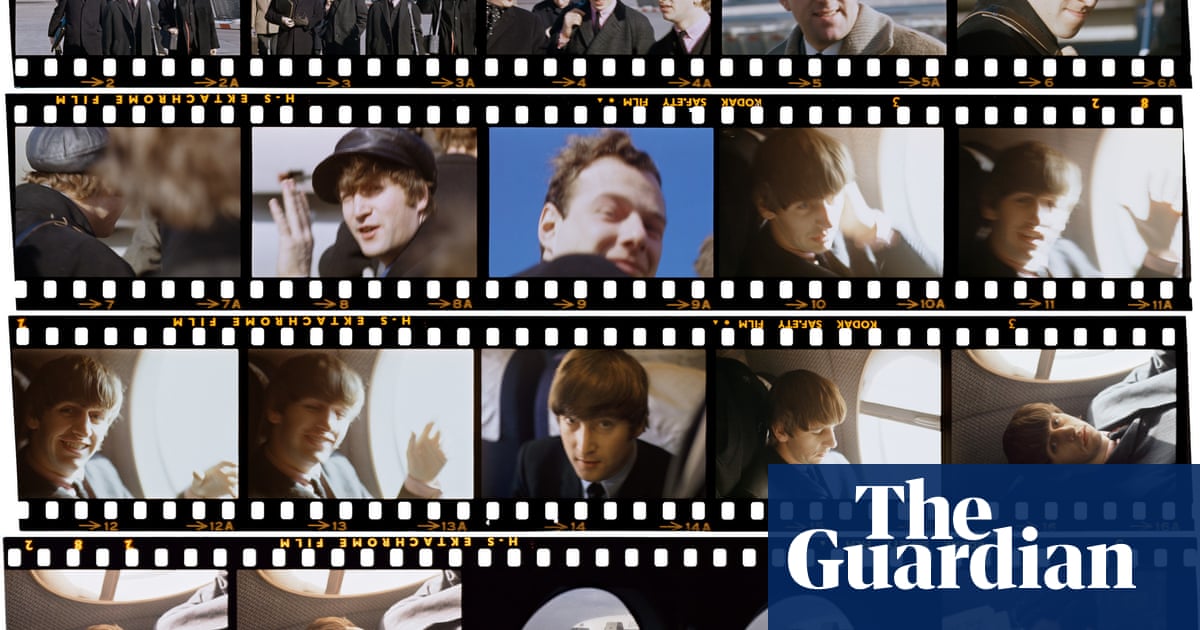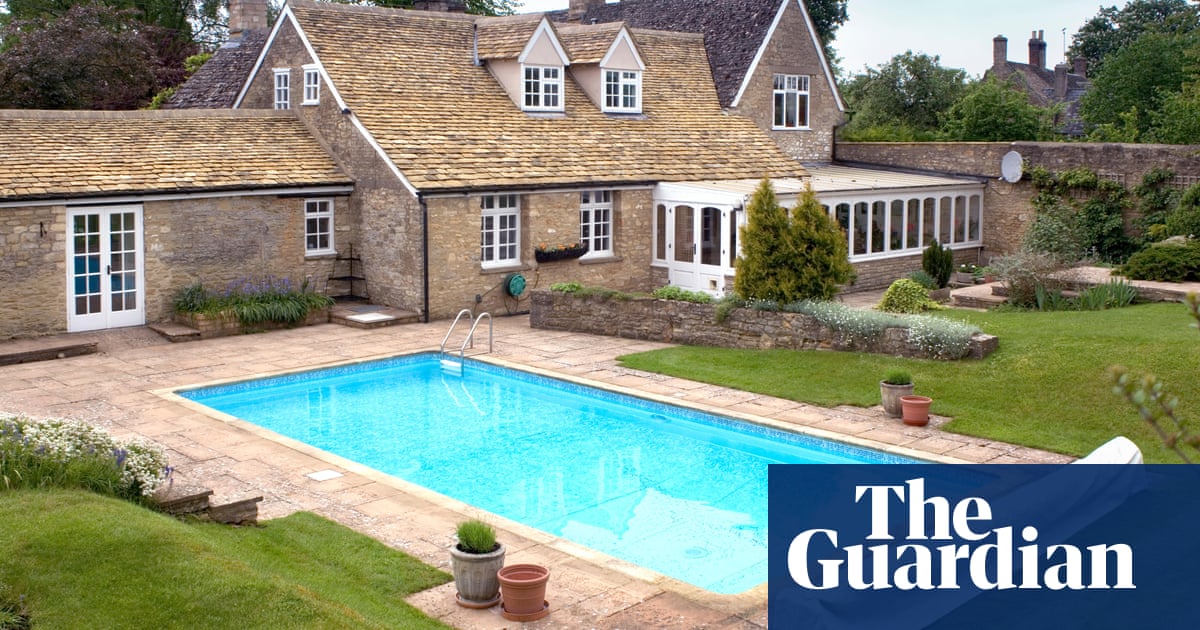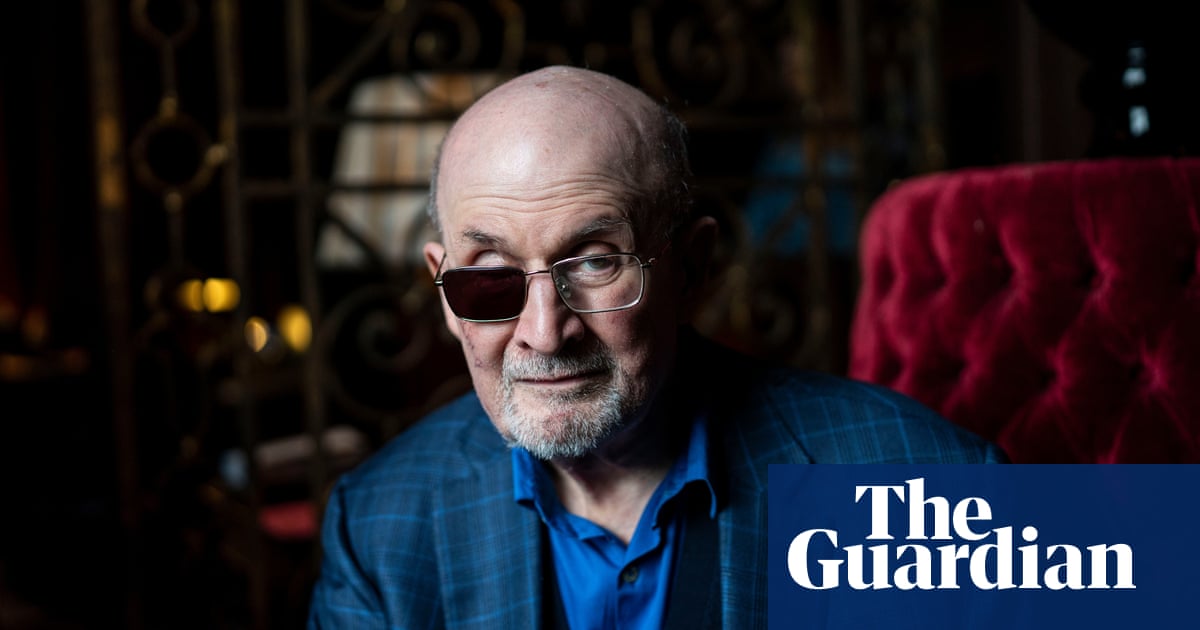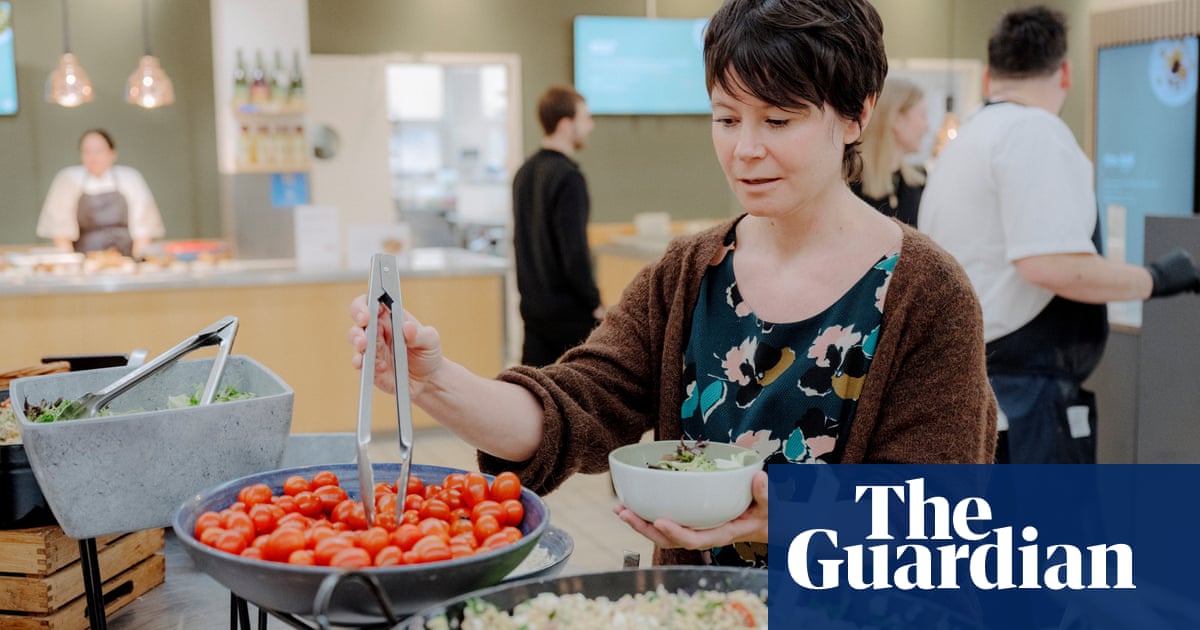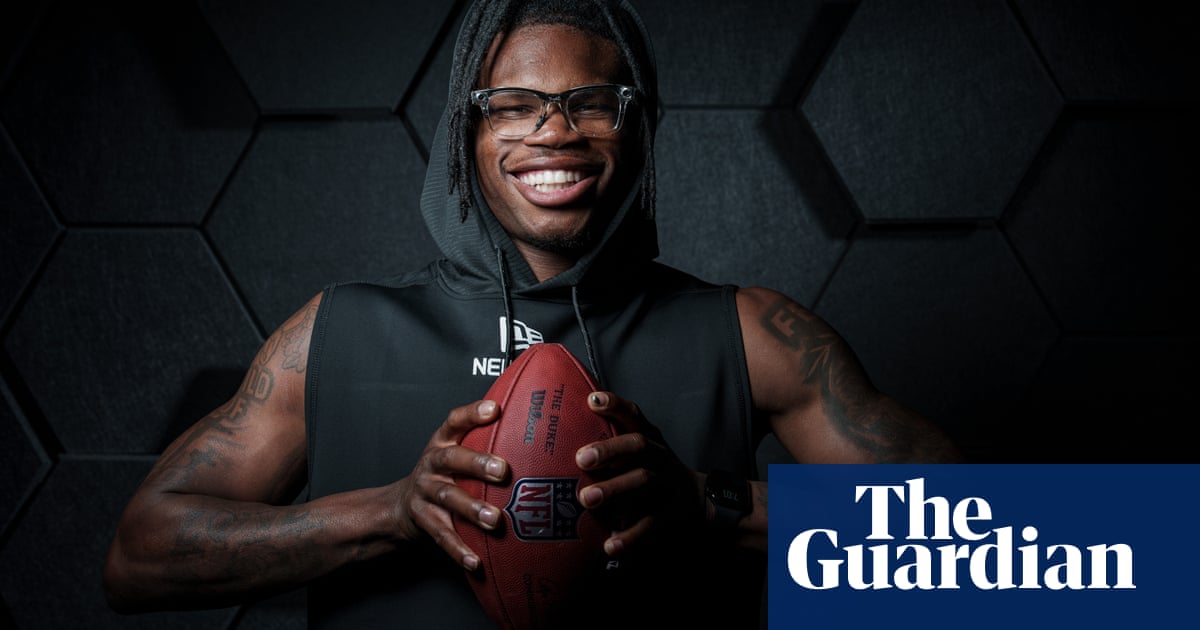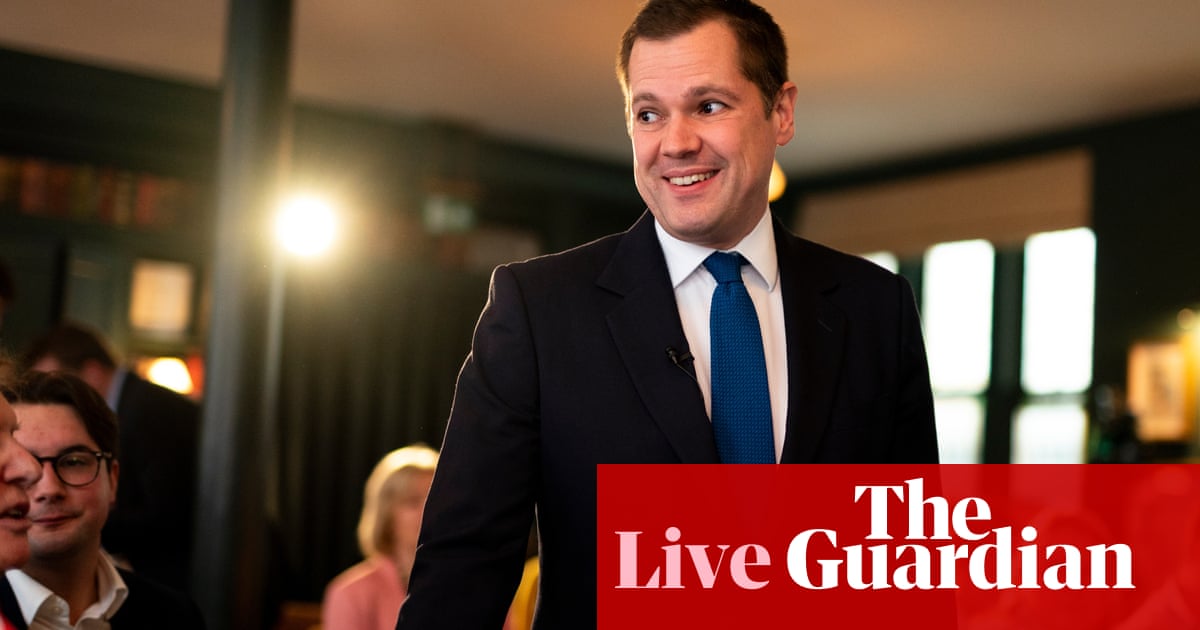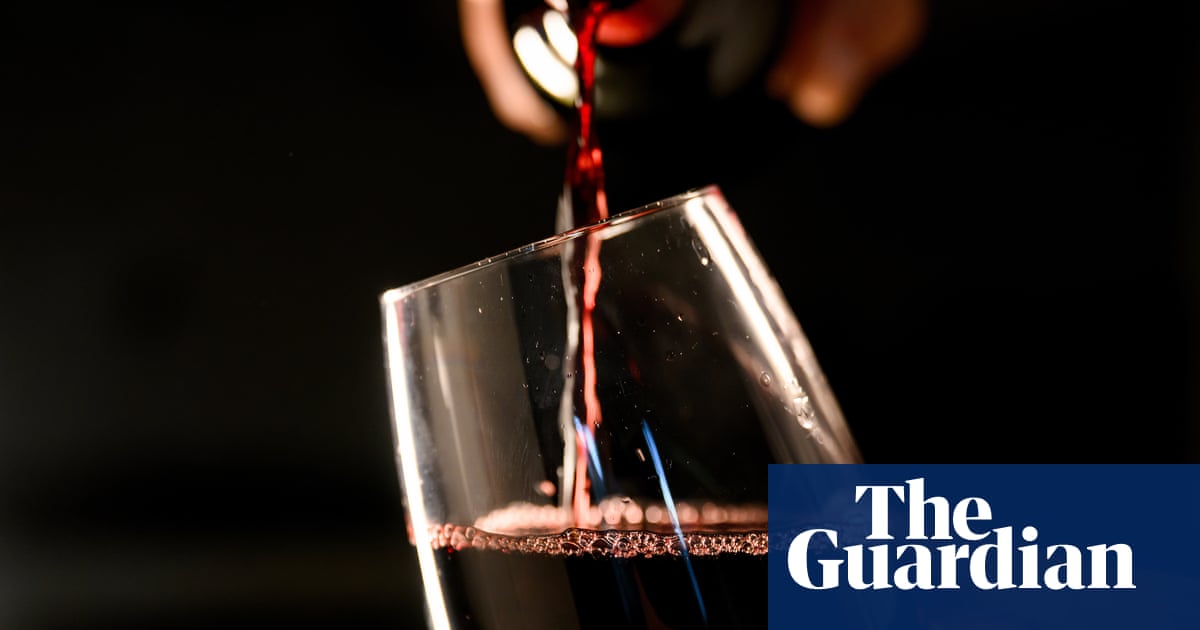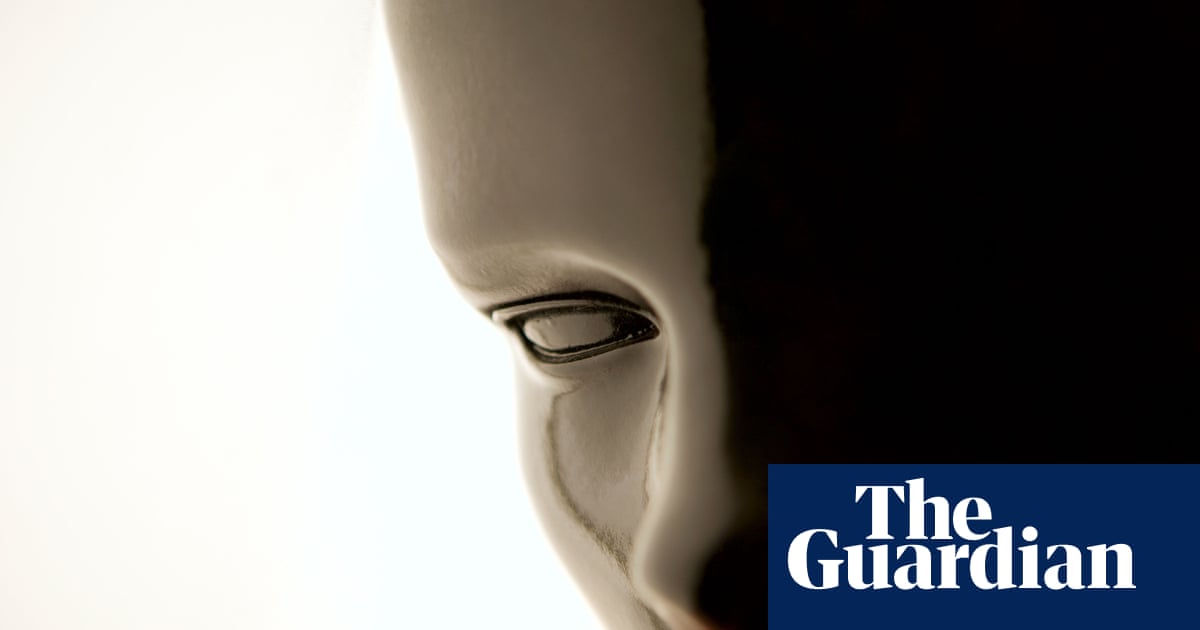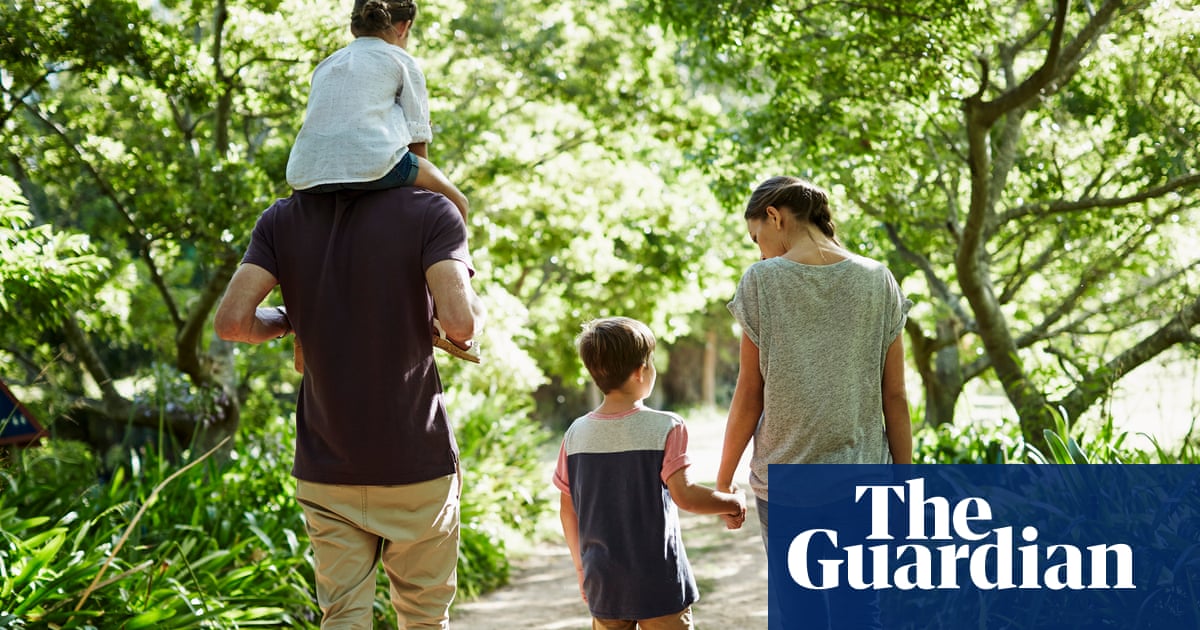Born in London in 1991, Olivia Attwood shot to fame as a contestant on the third series of Love Island. The reality TV universe beckoned – Attwood joined the cast of The Only Way Is Essex and Celebs Go Dating. She then stepped into TV presenting, making documentaries about trolls, cosmetic surgery, and in the third season of her ITV show Getting Filthy Rich, young entrepreneurs selling sex. She lives between London and Cheshire with her husband, the footballer Bradley Dack.
The eyes are giving Princess Diana, as if there’s some pending, awful news on the horizon. I loved doing ballet but I was a shy and anxious child, always pondering. My parents are staggered by the shift that’s happened in me over the last decade, because for that kid in the photo, the idea of being the centre of attention was horrifying. There was one time I was asked to go to the front in a dance class, and the concept of being under the spotlight made me run out of the door.
Growing up, I naturally excelled at sports. I held every school record to the point a parent once complained: “She shouldn’t be competing – she’s just going to win!” Luckily for them, I got to 15 and was lured in by the appeal of drinking, smoking and boys. Being the “cross country girl” just didn’t seem cool any more. After I lost sport from my life, I realised I wasn’t good at anything. Everyone seemed to have an idea of who they were and what they wanted to do, apart from me.
In primary school, I was diagnosed with dyslexia, but ADHD took a lot longer to figure out. The word was flung around a lot by teachers, but girls weren’t diagnosed with it much, especially not neurotic, meticulously organised ones like me. I had no impulse control whatsoever. I got told off all the time for doing stupid stuff. I was on a nature trip once and a teacher was showing us a box with geckos in it. I was told to take a look but under no circumstances should I put my hand in the box. Naturally, I had a gecko hanging off my finger a split second later.
Mum was frustrated with me. She’d ask: “Why is it always you?” I would get upset because I wasn’t sure how to answer. I didn’t want to be naughty. It was like there was something fundamentally wrong with me. I was always falling out of trees, breaking my arm, doing things that girls aren’t meant to do. For a long time I carried a lot of shame.
After school, I went through a couple of years where I relied entirely on romantic relationships. I had a bad breakup, and felt very depressed, so I decided to speak to a psychiatrist. She immediately pulled up an ADHD assessment and said: “You’re probably not depressed, but you’ve got no coping skills for ADHD, and now you’ve burned yourself out.” A light went on that day. I realised that anchoring myself to another human being was a way of surviving, but it wasn’t working any more. I started travelling more; I became a promo girl. I went through a year of putting myself in situations I felt uncomfortable in. After that, my confidence snowballed.
I was approached for Love Island via Instagram. It was 2016, and reality TV still felt risky – Love Island wasn’t the huge machine it is now. I said no, and got on with my life. A year later they came back to me and asked if I was interested in series three. I said no, because I was in a relationship, or at least thought I was. That same night I got a phone call. I didn’t know the number, but it was a girl saying she was my boyfriend’s girlfriend. This sounds very woo-woo, but I believe that call was the universe saying: “Hi, you’re about to turn down something really good for a guy.” I called the producer back and they were so kind. I got another chance, which was lucky, as that was the series that blew up.
I was excited to go on Love Island, but also freshly heartbroken, so felt a lot of anger towards men. Thinking all men suck is not the ideal energy to carry into a dating show. As a result, I was quite reactive in the house, which was like a pressure cooker anyway, especially for someone quite impulsive. The person who shouts the loudest is normally not the most secure. I was definitely emulating bravado.
As I was such a big character, involved in so many storylines, my family and friends were the ones who had to deal with the reactions online. I was thrust into celebrity. Unlike a lot of people in my industry, I don’t have a sob story. I don’t have the Daily Mail or Sun app. I don’t have Google Alerts on myself; I never look up stuff people have said about me. So many people in my world search their name as soon as they wake up. I tried it for 24 hours and found it horrible, and never looked back. It’s a sickly satisfying practice and one I don’t need.
after newsletter promotion
A new level of scrutiny didn’t change how I felt about my appearance, either. I was always confident about the way I looked. Being pretty was definitely social currency when I growing up, and I was aware of it from a young age. I was told I should feel lucky, which I definitely did, but sometimes I did worry it was the only thing I brought to the table. Especially when I got into modelling. No one gave a shit about what I had to say. When I was doing promotions work, I had to have hair past my shoulders and a certain french manicure. There was a uniform to it. When I was in Love Island, I was totally free to look the way I wanted. I came out and people were actually listening to me – they also thought I was funny, which is the biggest compliment anyone could ever pay me.
The first two years, I looked a mess. I was partying every night of the week; my extensions were hanging out; my lips were overfilled; my tan was patchy. I was ripping into a bag of Pretty Little Thing clothes every day and putting on whatever was in it, and off I went.
Now I am a bit more considered. It’s not that I think women can’t be in a skimpy dress and be taken seriously, because I still do the skimpy dress. But I’ve now made the link between how you show up and how people receive you. When I do my documentaries, I don’t even wear makeup. I want the show to be about whoever I am speaking to, not my tits and lips. It’s liberating to scrape my hair back, pull a jumper on and get on with my job.
That girl in the photo couldn’t even imagine what her life is like now. I wish I could jump through the frame and tell her that everything is going to be fine. I was so frozen by fear. I didn’t think I could be a whole person on my own. My husband is an amazing support system for me, but I am not dependent on him. Being the centre of attention now feels like the most natural thing in the world. Thanks to Love Island, I have found what I’m good at – being a host, a contributor to reality TV, a semi-decent interviewer. Having that purpose gives me the confidence I could never have conceived of back then.

.png) 2 months ago
24
2 months ago
24
